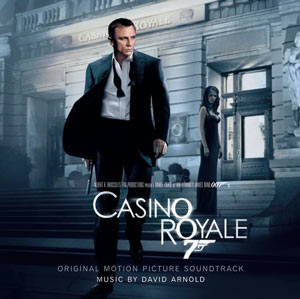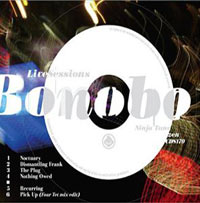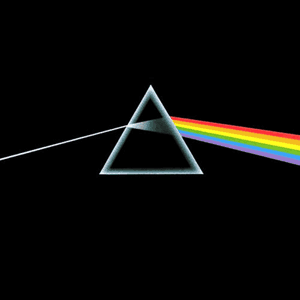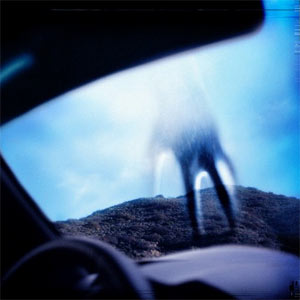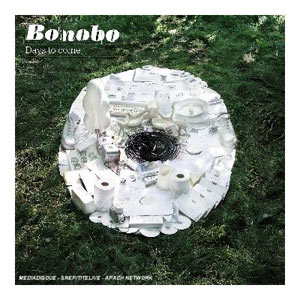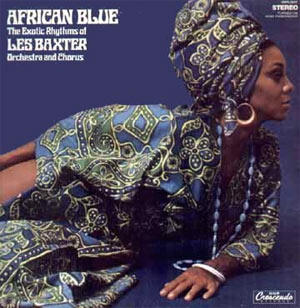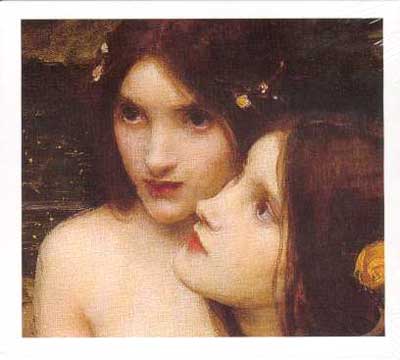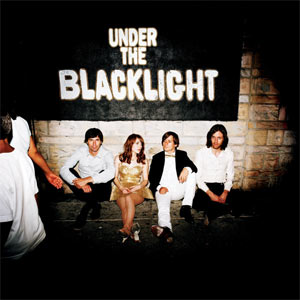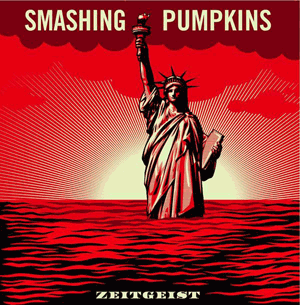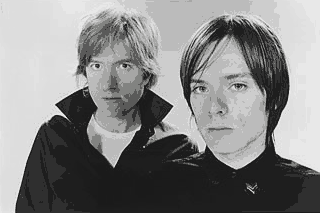In my last post, I detailed the ten albums that earned the highest ratings from me during 2007. But while I did find them each to be fantastic recordings, ratings don’t necessarily reflect popularity. That is to say that the most highly rated albums might not have been the most often played.
Indeed that’s not the case. I took data from the past year and ran it through my Impact report, which measures the relationship between total play counts and the number of songs an album or artist has in my library in order to see who has received the most attention relative to their size
While the results show some significant overlap with the top rated list (of course I listen to what I like), it turns out that being highly rated doesn’t necessarily guarantee a lot of playing. So without further ado, here are the albums that made the biggest splash last year.
1 Nine Inch Nails – Year Zero
Impact Rating: 1072
Showing Trent Reznor at his best, Year Zero received significant airplay throughout the year, enough to earn it the title of “Tunequest’s Most Impactful Album of 2007.”
2 Air – Pocket Symphony
Impact Rating: 1064
I listened to Pocket Symphony in a huge burst after its March release and kinda petered out over the remainder of the year. Still, that initial burst was enough to coast to a second place ranking.
3 Rilo Kiley – Under the Blacklight
Impact Rating: 1021
Rilo Kiley is one of a handful of musical acts that both the modernista and I actively like. It should be no surprise then that despite its late summer release, Under the Blacklight was in heavy rotation for the duration of autumn, so much so that it claimed the number three spot.
4 The Polish Ambassador – Diplomatic Immunity
Impact Rating: 936
The Ambassador’s debut disc broke into my brain early last year and left a substantial wake in its path. Our intergalactic diplomat’s electrogrooves are really really catchy. In my library for nearly the entire year, Diplomatic Immunity garnered the most play counts of any album I acquired in 2007.
5 Radiohead – In Rainbows
Impact Rating: 355
Radiohead’s revolutionary distribution may have brought the record to my ears, but its quality kept it playing again and again. Though In Rainbows narrowly missed my Top Rated Albums of 2007, it was listened to enough to become the fifth highest impactful album of the year, quite a feat considering the early October release of disc one and the early December release of disc two.
Also of note, here we see a huge drop in impact ratings between places 4 and 5. It’s clear that the top four were the breakaway albums of the year. Those four albums were responsible for 20% of the impact points generated among new aquisitions last year. Which means that either those albums are fantastically good (and they are) or I need to diversify my habits a bit (which I probably do). But hey the ears like what they like.
Moving on:
6 David Arnold: Casino Royale
Impact Rating: 338
I’ve been checking in on David Arnold’s film works every so often since the late 90s, when I discovered his score for the original Stargate film. Since then his scores have continued to impress me, especially his work for the James Bond franchise. His composition for Casino Royale, the 2006 re-booting of the Bond character, is perhaps his finest contribution yet. Lush, inviting and full of suspense and action, Casino Royale projects the best of the Bond musical heritage with a suave confidence that’s the hallmark of the character. But it adds its own unique motifs and ambience, keeping it from sounding like a re-hash of John Barry’s seminal soundtracks.
A highlight of the record is I’m The Money, a short 27-second track. But those 27 seconds are filled with the distlled essense of the entire score and they evoke the predominate atmosphere of the film as well, from the exotic and intriguing to the dark and dangerous.
I’m The Money:
[audio:080121ImTheMoney.mp3]
The more I listen to this one, the more I might think it’s the best score of Arnold’s carreer and perhaps the best in the entire James Bond series.
Rounding out the Top Ten Impactful albums of 2007
All the remaining records also appear on my Top Rated 07 list.
7 Susumu Yokota – Symbol Impact Rating: 335
8 Pink Floyd – Dark Side of the Moon Impact Rating: 324
9 The Polish Ambassador – The Phantasmal Farm Impact Rating: 301 (A good year for the Ambassador around here)
10 The Smashing Pumpkins – Zeitgeist Impact Rating: 261
For those would would like a baseline, the average impact for all records acquired in 2007 was 68, while the median was 16. Additional math shows me that the top 20 records were responsible for just more than half the impact ratings generated throughout the year. So I’ve resolved this year to show some more consideration with my musical choices. Last year’s massive influx of new tunes was largely a response to having neglected many new records and trends in music while partaking in the original tunequest. This year I’ve decided to purposefully not seek out too many new records and spend more time with the ones I do get.
So, here’s to tunequest 2008, whatever form it may take.
